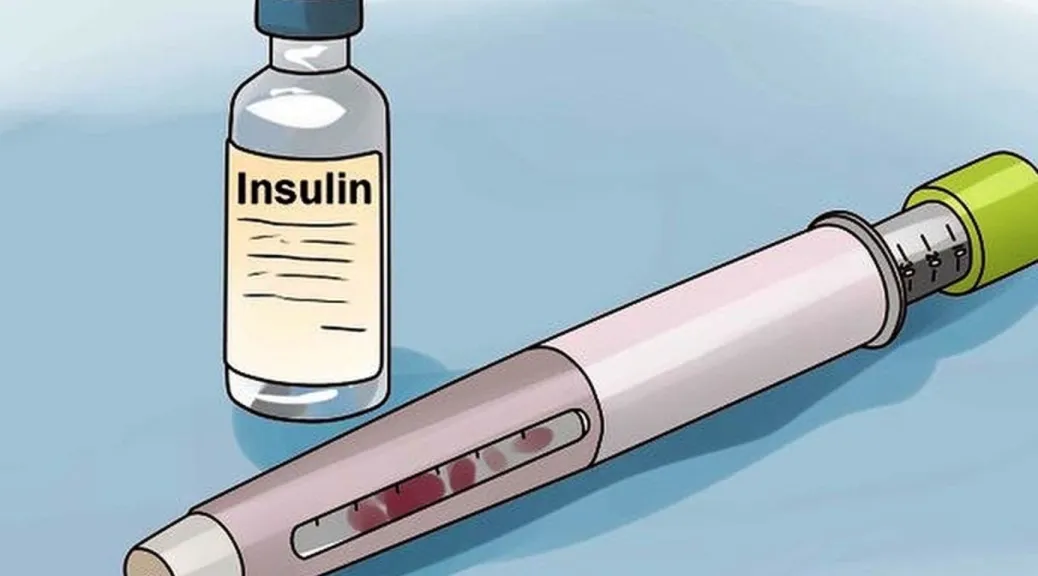A project elaborated together with
.This link opens in a new tab.
Evolution of diabetes
Reading time: 7 min
Diabetes forecast
Acute diabetes complications
Hypoglycemia
Hyperglycemia
Diabetic ketoacidosis
Hyperosmolar syndrome
Chronic Diabetes Complications
What can I do to avoid or delay the appearance of complications?
Foot care in people with diabetes
Diabetes forecast
Diabetes is a chronic disease that has no cure, except gestational diabetes that tends to disappear when the baby is born.His treatment has improved a lot in recent years and continues to investigate to seek prevention strategies and new treatments.
Acute diabetes complications
Hypoglycemia
Hypoglycemia is a drop in blood glucose below 70 mg/dl.All people treated with insulin and/or some hypoglycemic oral drugs can suffer hypoglycemia.
The most common symptoms are:
Person with sweat, tremors, paleness
Tremor, sweat, paleness, palpitations, feeling of hunger, dizziness (called adrenergic symptoms).
blurred vision
Speech alteration, blurred vision, lack of coordination (called neuroglucopenics).
Finger and glucometer
Some people notice anything when they have sugar values below 70. It is what is called unnoticed hypoglycemia.For patient safety, when hypoglycemia go unnoticed, preventive measures must be extreme more than ever.
Hypoglycemia appears by:
Meal schedule
Do not eat or delay food schedule.
Increase exercise
Practice more exercise than usual.
Increase insulin dose
Get more insulin in relation to carbohydrate contribution.
alcohol
Important alcohol intake can favor hypoglycemia.
In case of hypoglycemia, one of the following options must be taken:
Juice glass
1 glass of juice (200 ml) or
Glass, liquid, on
1 glass of milk and a sugar envelope or
Sugar envelopes
2 sugar envelopes or
Beverage with straw
1 glass or half can of a soda that is not light
Severe hypoglycemia
It is a decrease in sugar that produces a total or partial decrease in consciousness.The person with severe hypoglycemia needs help from a third person.
Tips for family and/friends
If the person has not lost consciousness, trying to give a glass of juice or sugary drink (1 glass).It is important that the person is not lying down, the liquid must be given with the person seated or incorporated.
If the person is unconscious or has a little coherent speech, he should not ingest anything.In this case, glucagon should be injected (Glucage Hypokit 1mg).Once prepared, click on any area where insulin is injected so that blood sugar rises and recovers consciousness.
Once you regain consciousness, give juice or something similar and get in touch with the health team.
In case of not having glucagon calling emergencies (112).
Hyperglycemia
Hyperglycemia is an excessive increase in blood sugar.All people with diabetes, whether their treatment is with insulin, with pills or food and exercise, can have hyperglycemia episodes.
Some people feel nothing, others notice more thirst, eager to urinate and, on some occasions, despite being more hungry and eating more, they lose weight.The best way to know if the sugar level is high, is to measure hair glycemia.
Hyperglycemia appears by:
Beverage with straw
Take food with a high sugar content: refreshing drinks, pastries, cakes, ice cream, chocolate.
Fruit, flour and milk, arrow increase
Take more than the usual fruit, flours and milk.
Man exercising andArrow down
Do not perform habitual physical activity.
Insulin with a question
Forget insulin administration.
microscope
Suffer an infection: a flu, a phlegmon ..., especially if it is accompanied by fever.An infection is a cause of hyperglycemia, although the rest of the indicators are correct.
An infectious process can cause a rapid metabolic uncontrol.During an infection there is usually an increase in hormones and sugar level and, therefore, should be taken into account:
Insulin control
Although carbohydrate intake is lower, rapid insulin is likely to be needed to correct high values.
Man drinking water
Hydrate correctly, above all, in cases of gastroenteritis to avoid dehydration.
Glycometer sugar control
Increase the frequency of capillary and ketone glycemia in urine or blood, if necessary.
Medications, pills
Treat infection that triggers hyperglycemia.
In case of doubt or high ketone values and if nausea and vomiting appear, the health team or going to the nearest hospital is to be contacted.
In case of hyperglycemia
Man drinking water
Drink more water than usual, even if you are not thirsty, not to dehydrate.
Glycometer sugar control
Increase the frequency of capillary blood glucose controls and look at the urine.
Increase insulin dose
Never stop putting insulin at the agreed hours.It may be necessary to increase the doses if hyperglycemia is maintained for more than two days.
Flour, bread, hydrates, hare
If you are not hungry, you can stop eating salad and/or vegetables, as well as meat, fish ..., but you have to always ensure the indicated amount of flours, fruit and milk, and adapt the preparation, such assoup, semolina or juice fruit flours.
Consult with the doctor if ...
You are wrong.
Capillary blood glucose figures exceed the maximum value recommended by their health team.
Capillary blood glucose is greater than 250-300 mg/dl and the Urine Cetone test is positive.
Diabetic ketoacidosis
It is an acute decompensation usually associated with type 1 diabetes and less frequent in type 2 diabetes. It is characterized by an increase in blood ketone levels, caused by an insulin deficit or an increase in insulin needs -debid, for example, to an infection- which causes the body to not use glucose as a source of energy and use fats.This phenomenon causes an excess in blood of ketone bodies (waste product of the use of fats as a source of energy).The presence of blood ketone bodies can cause blood pH to fall, which can trigger a risk situation and that require hospital admission.
nausea vomiting
What can I notice?The presence of Cetona in an abundant and maintained way throughout the day, can produce the sensation of gastric discomfort, nausea, vomiting and even respiratory distress.You can see your breath with apple taste.
Telephone, call
What do I have to do?Contact your health team quickly.
Hyperosmolar syndrome
It is an acute decompensation that occurs in patients with type 2 diabetes. It is characterized by extremely high hyperglycemia without cetone presence.
Desire to urinate
The presence of hyperosmolar syndrome can behave symptoms such as thirst, desire to urinate, weakness, nausea, weight loss, dry mouth and tongue, seizures, confusion and coma.
Telephone, call
What do I have to do?Contact the health team quickly.If it does not act, there is a risk of a diabetic coma.
Chronic Diabetes Complications
TheMost chronic complications have their origin in a vascular problem.Vascular problems occur when large arteries are closed (obstructed) or when the finest ones can be damaged, as is the case with the arteries of the eye retina and the arteries of the kidney.
Long -term diabetes can affect the eyes (diabetic retinopathy), kidneys (chronic renal disease), heart (heart disease) or foot (diabetic foot).
Chronic complications have decreased in recent years due to the improvement of treatments that provide the possibility of treating better hyperglycemia control and other risk factors.
What can I do to avoid or delay the appearance of complications?
Finger and glucometer
Maintain good diabetes control.
Vena with cholesterol on its walls, limiting blood flow.
Avoid or reduce cardiovascular risk factors.It is the risk of a person to develop a heart disease (chest or infarction angina) or in the brain (stroke) for a period of time, in general from 5 to 10 years.Cardiovascular risk factors are cholesterol, high blood pressure, overweight and obesity, smoking, diabetes and stress.
Health Professional, doctor
Once adapted to treatment and depending on each case and situation, reviews with the health team are usually every 3 or 6 months.There are studies that conclusively demonstrate that good metabolic control avoids or delays the appearance of future diabetes complications, and therefore, improves the quality of life.







